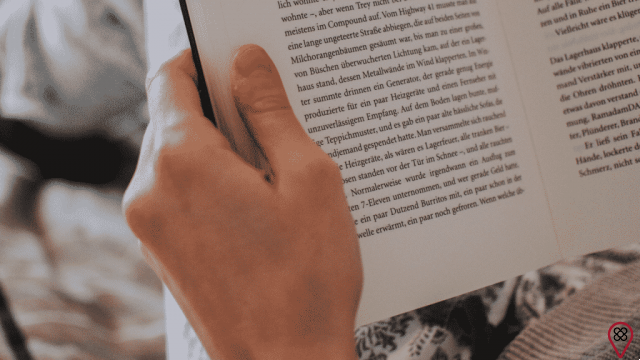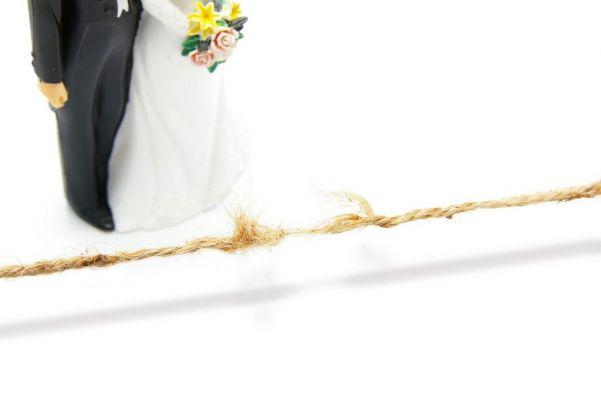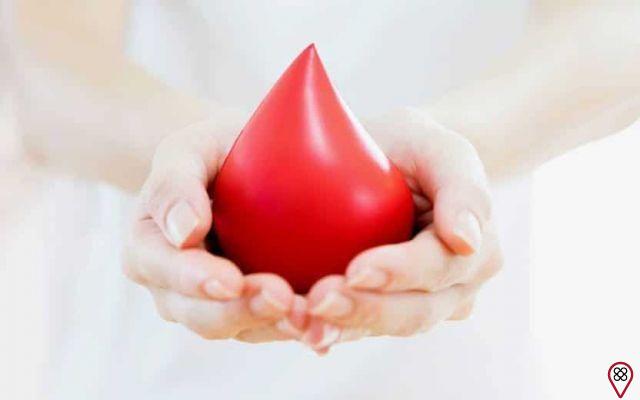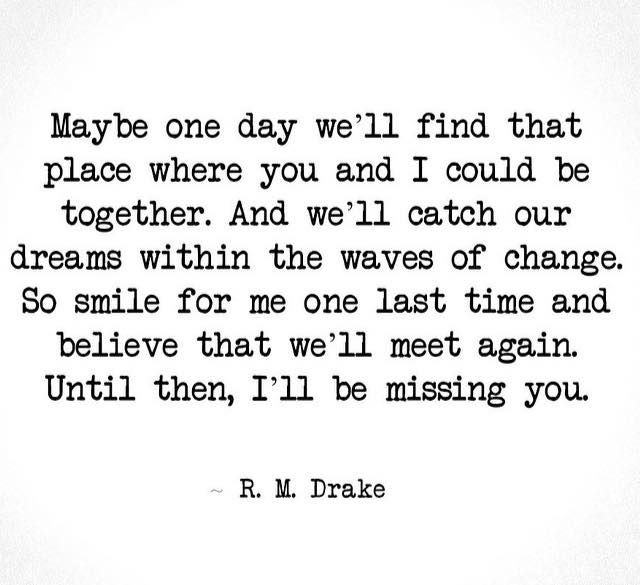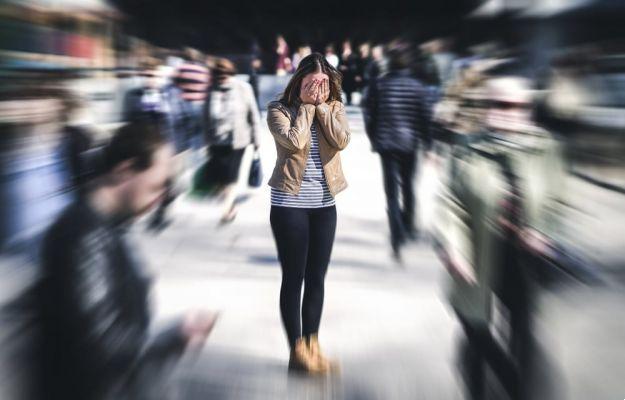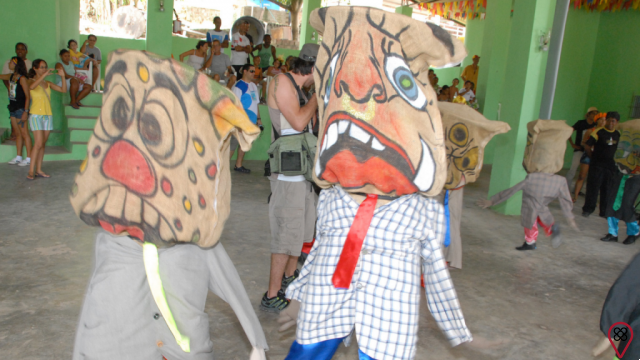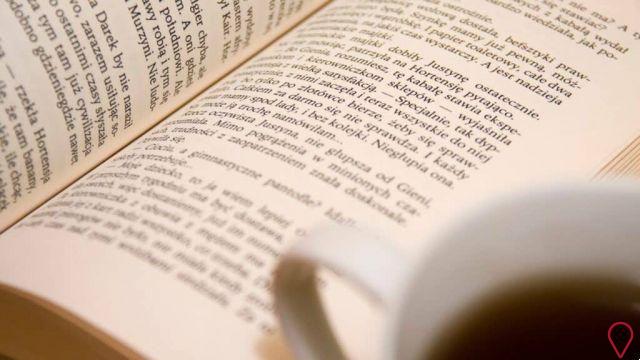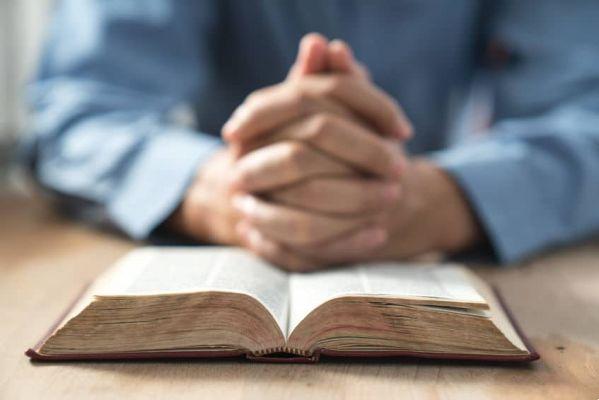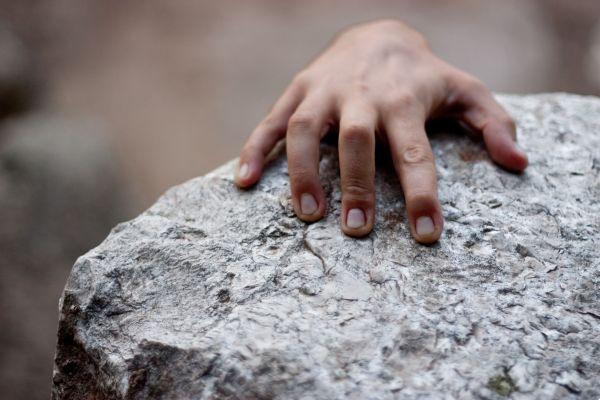What are dreams?
Dreams are a small window into your unconscious, which help you process things that have happened to you both in the past and in the present. Among the most common clues found in dreams are the fears, traumas and events that marked your life.
Jung, one of the greatest psychoanalysts of all time, calls this area, where traumas and abandoned memories are hidden, the shadow. For Freud, it is in dreams that it presents itself, as an attempt to let the Id (unconscious part) reach the conscious, for due processing.
Of course, during the coronavirus pandemic, many people are going through moments of grief, whether it's the loss of someone, some job or even their freedom. Consequently, shadows begin to appear in your dreams, giving rise to crazy and seemingly unconnected dreams.
Better understand the influence of shadows during dreams in the pandemic through some studies on the subject and what this can represent in your life.
Why are we having crazy dreams during the pandemic?
Many people are having crazy dreams during the pandemic that are seemingly meaningless and even uncomfortable. The amount of dreams considered real is also increasing. On the other hand, the quality of sleep decreases considerably, keeping you tired throughout the day.
This is happening because of a collective traumatic effect that has its origins in the pandemic. Several studies have observed this phenomenon during the rise of Hitler or after 11/XNUMX, as there is a fine line between the individual and society, causing a shared social experience.
In this way, the brain looks for ways to process all this current trauma, the process of mourning the various losses in the period and the fear of the disease through dreams. Of course, the dream images will not always make sense, after all, they are the clippings of the unconscious and the processing of repressed emotions.
Understand this relationship better with some studies that are evaluating the current situation, whether in Spain or in the world.
Are there studies on dreams during the pandemic?
There are several studies carried out in this pandemic to try to explain the phenomenon of dreaming in times of crisis. Among them are Spanish researchers and many others around the world. The dream, after all, is a powerful window to what hits us as a society. See some of the main studies:
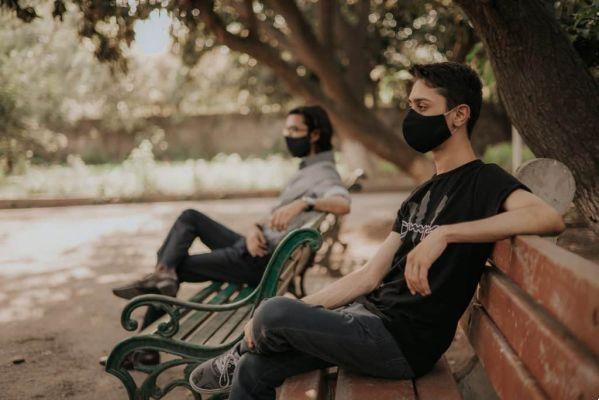
● Pandemic Dreams: held by Harvard University and led by Deirdre Barrett;
● Dreaming during Covid-19 pandemic: Computational assessment of dreams reveals mental suffering and fear of contagion: carried out by the Research, Innovation Center and Dissemination in Neuromathematics at UFRN;
● Confined dreams: carried out in partnership by UFMG, USP and UFRGS.
What are the references for dream studies during the pandemic?
The theoretical basis used to support the study of dreams in these scientific articles is broad and covers a long path, from social events of great psychological impact to theories of dream interpretation, such as those of Jung and Freud.
For data collection, the internet is the solution for this pandemic phase, always with well-defined criteria. Normally, the data is collected through forms, with the sending of audios of the participants and analysis of their content.
Once viewed individually, they are processed as word clouds to understand which terms and feelings are most common to all people. And it is from there that you can better understand the collective and what we are suffering as a society.
Are we dreaming more during the pandemic?
One of the most interesting points portrayed in studies on crazy dreams during the pandemic is the fact that people have been dreaming more. Even those who were not used to remembering dreams began to have this experience upon waking up.
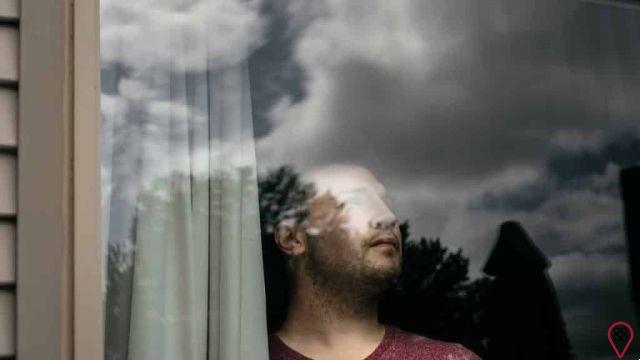
In addition to being more frequent, dreams have become more intense, more tangible. Smells, colors, sensations, sounds… much more real, they are consuming more energy than before. As a result, people are more tired and stressed to face a routine in the midst of a 'new normal'.
Do dreams reflect the moment we are going through?
Research carried out and in progress is showing that yes, dreams are a reflection of this current moment. A traumatic period, full of fear, such as the unknown, illness, death, loss and this is reflected not only in day-to-day interactions, but also in collective dreaming, with similar signs everywhere. of the world.
In addition, we are also all going through different grieving processes, from the loss of freedom, social bonds, touch, affection so inherent to the human core. It is not even necessary to mention the mourning for the thousands of deaths around the world, people who have lost work or family.
In this way, dreaming – as a tool for processing fears, pain and trauma – clearly reflects the current moment. Being more real, uncomfortable or true escapes from reality, they present elements to help overcome this phase that humanity is sharing.
What feelings are common to dreams during the pandemic?
Among the most common feelings presented by research participants are obviously the fear of death, contamination and loneliness. In addition, strong traces of revolt with the system, with the disease, with himself, with people in general appear.
Another common feeling is the loss of something tangible – like the keys, the car in the parking lot, the cell phone, etc. – or memory, control and the like. It is also common to perceive the feeling of loss of people, as in a concert or in the midst of a ruckus on the street.
What are the common words to dreams during the pandemic?
As a collective phenomenon, having crazy dreams during the pandemic provokes a number of common feelings, regardless of social status or the country where a person lives. And they appear in the narrative of what was dreamed with very similar semantics.
You may also like
- Therapy is crazy
- Find out what God's message about the pandemic is
- Investigate the cause of the nightmares you have
- Lessons the 2020 pandemic has taught me
- Find out what it means to wake up at 3 am
That is, common words are present in dreams of people around the world and the most common are: fear, disgust, cleanliness, contamination, fright, horror and monsters. Also present are the words alone, weird, vivid/real, nightmare, loss, death, anger and sadness.
How are the dreams of those who work directly with COVID-19?
Doctors, nurses, decontamination agents and many other professionals are on the front lines against the coronavirus around the world. In this way, pain, suffocation, daily loss and exhaustion are part of their routine. Consequently, your dreams will reflect this pandemic much more intensely.
In addition to the typical dreams of the collective with all the feelings and words already mentioned, those who work directly with COVID-19 tend to have terrible nightmares. This is a result of post-traumatic stress, which can be represented by the choice between giving a ventilator to one patient and letting another die or seeing bodies lined up in the hospital corridor.
How are the dreams of those who are at home in quarantine?
For those who are at home correctly complying with the quarantine and avoiding going out whenever possible, they may also have nightmares similar to the workers in front, but with less intensity.
Despite this, trauma processing is evident, even if the person cannot remember the dream. Generally, they wake up more tired, not recovered enough to live the next day.
What are the predictions of dream studies during the pandemic?
At the time of writing, the pandemic is still at its height in Spain, with some decline in countries that have organized themselves more effectively. Thus, studies are still in progress, analyzing the aspects related to each of these situations.
Overall, the impact of the pandemic – its risks and isolation – on dreams is significant. After all, they are formed from social elements and personal emotions, all of which are strongly linked to COVID-19. This explains the crazy dreams during the pandemic, but warns of the danger to mental health.
Can crazy dreams during the pandemic signal mental distress?
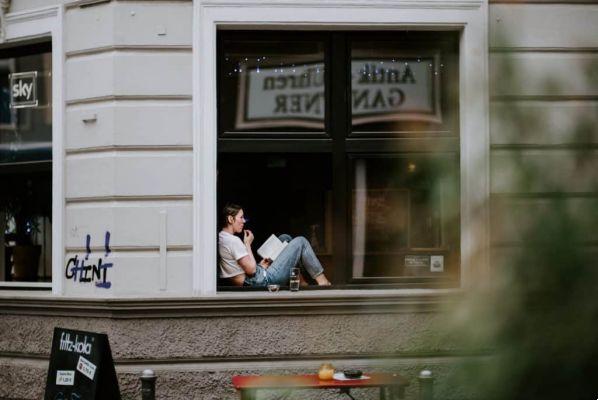
As dreams are the result of processing from trauma to positive emotions, they can indeed signal mental suffering. Even more so in a pandemic season, when most people are struggling to do their best and contain the virus. To learn more about what your dream might be trying to say, click here.
In addition to stress, crazy dreams during the pandemic may be showing anxiety caused by isolation and fear. Consequently, there is a greater propensity to develop diseases arising from mental suffering and a greater need for follow-up.
Of course, this is just a phase and it will pass, but its sequels must be processed correctly so they don't become problems in the future. That's why it's always good to seek help and, if the weight is more than you can bear, call the Life Appreciation Center on 188 or chat via chat on their website. Remind yourself that everything will be fine.



